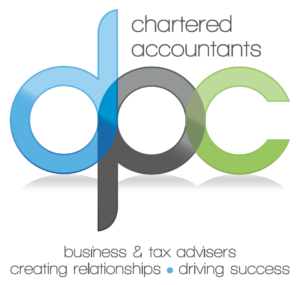Are you ready for the introduction of the new way of accounting for VAT in the Building and Construction Industry?
This comes into force with effect from 1 March 2021.
The government had previously announced a delay to the introduction of the domestic reverse charge for the construction industry. It was due to come into effect on 1 October 2019, however it was delayed due to the UK’s scheduled exit from the EU to 1 October 2020. It had been delayed further to 1 March 2021 but this will now very soon be upon us.
If you operate in this sector you should ensure your business is ready to accommodate the changes, if you need any help with this please don’t hesitate to contact a member of our team.
Overview of the Reverse Charge
The official guidance on the reverse charge is found here
The domestic reverse charge is a major change to the way VAT is collected in the building and construction industry.
It basically means that all VAT registered customers receiving a service must pay the VAT due to HMRC rather than paying it to the supplier. They will be required to make an adjustment to the VAT return to account for this VAT.
It will only apply to individuals or businesses registered for VAT in the UK. It will not apply to consumers. It will affect those who supply or receive services that are reported under the Construction Industry Scheme (CIS).
What you need to do to be ready for the start of the domestic reverse charge on 1 March 2021.
If you are in the Construction Industry and think you could be affect, you need to prepare by doing the following:
- Check whether the reverse charge affects either your sales, purchases or both.
- Make sure your accounting systems and software are updated to deal with the reverse charge. We can help with this get in touch if you need any support with this
- Consider whether the change will have an impact on your cashflow.
- Make sure that your staff who are responsible for accounting for VAT are familiar with the reverse charge – including how it will operate.
Contractors
If you are a contractor you will need to review all your contracts with sub-contractors, to decide if the reverse charge will apply to the services your receive under the contracts. You will need to notify your suppliers if it will.
Sub-contractors
If you are a sub-contractor you will also need to contact customers to get confirmation from them if the reverse charge will apply, including confirming if the customer is an end user or intermediary supplier.
You can find out about end user and intermediary supplier businesses here
Services affected by the domestic charge
The reverse charge will affect supplies of building and construction services supplied at the standard or reduced rates that also need to be reported under CIS.
Where materials are included within a service, the reverse charge applies to the whole service whereas CIS only applies to the service amount.
The reverse charge does not apply if the service is zero rated for VAT or if the customer is not registered for VAT in the UK.
It does not apply to some services to an end user or intermediaries connected with an end user, see link above for further details on the definition of end users, and intermediaries.
For a specific list of services where the reverse charge applies see here
Services excluded from the domestic reverse charge
Some specific services are excluded from the domestic reverse charge, for a detailed list see here
How will the reverse charge work
The customer receiving the service will pay the VAT to HMRC instead of the supplier. In turn, the customer can recover the VAT subject to normal VAT recover rules.
There is a verification process for VAT and CIS which businesses in this sector should familarise themselves with, details of this can be found here
HMRC have stated that they understand this may cause some difficulties and will apply a light touch in the first six months of errors have been made so long as you are trying to comply with the new legislation and have acted in good faith.
However, errors identified need to be correct as soon as possible.
They have stated that errors will be assessed but penalties will only be considered in the first six months if you are deliberately taking advantage of the measure and not accounting for it correctly.
We recommend you get ready for the changes and get the right from the start, if you need any help with this get in touch.
Monthly Returns
As a result of the reverse charge some businesses may become in a repayment situation because they are no longer paying the VAT on some of their sales to HMRC. If this happens repayment traders can apply to move to monthly returns to speed up payments due from HMRC.
There is lots of other information to specific situations which are too many to cover here, you are strongly recommended to read and take in the guidance on this significant change for the construction industry VAT accounting if your fall into this business sector.
If you need any help with these changes then don’t hesitate to get in touch with our team.







